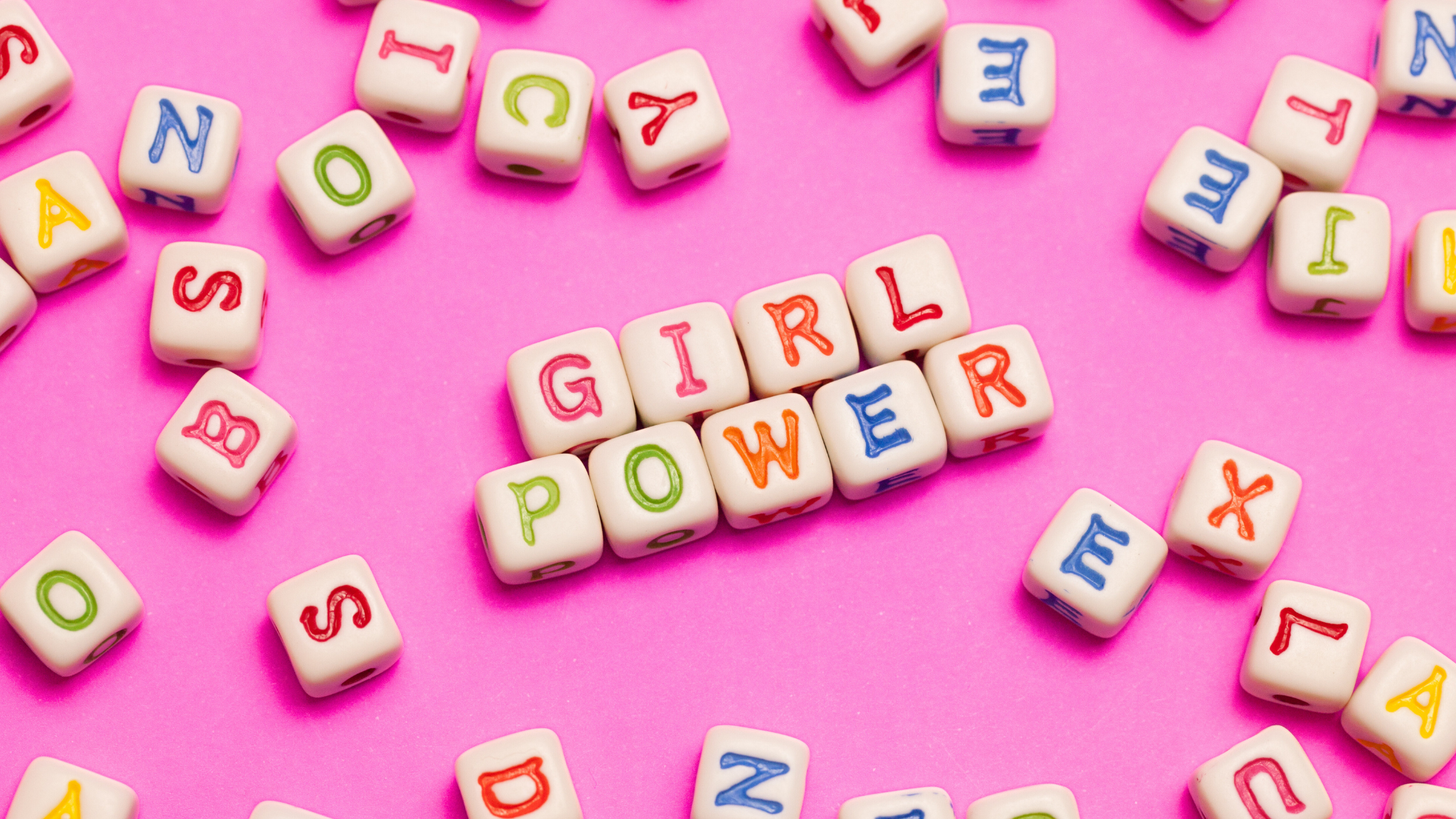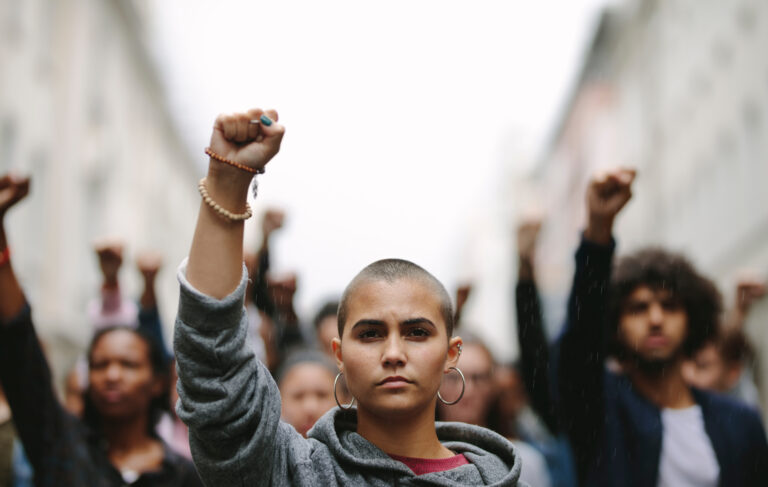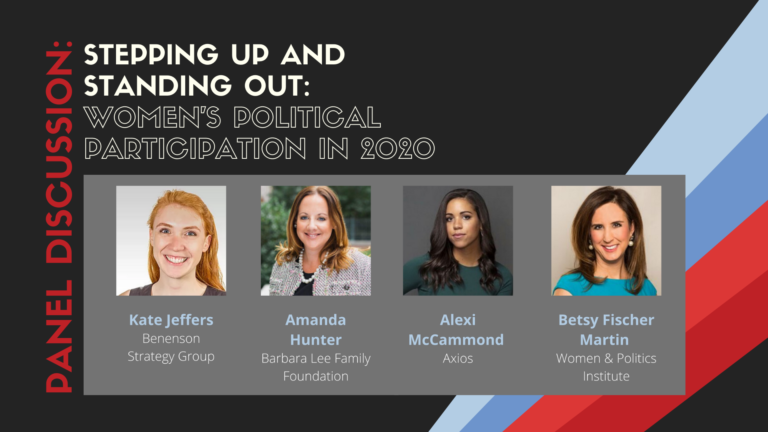Black women are woefully underrepresented across all levels of government - check out the…
Pink Bows and Pesky Ballots: Girlhood and Political Identity

Gwen Stefani, under the band No Doubt, wrote “Just a Girl” in 1995 in response to society’s patriarchal expectations and attitudes. The song opens with “Take this pink ribbon off my eyes,” followed by “Oh, I’m just a girl, all pretty and petite / So don’t let me have any rights.” It quickly became a feminist anthem of the ‘90s and into the 2000s, but its legacy transformed in the 2020s. On TikTok, over 2.2 million videos have “Just a Girl” as the sound used in it, and thousands of these are antithetical to the song’s message. Many feature clips of young adult women lamenting about their inability to do certain tasks they leave to men–like car oil changes, budgeting, or building furniture–and chalking it up to being “just a girl” as if it’s an aspect of girlhood.
Girlhood has different definitions across academia and culture, but it’s widely understood to be the socialization of girls in society and its associated joys and struggles. But the concerning nature of this culture on TikTok puts girls and young women into a box; one that engenders personal shortcomings and demeans us as a whole. We aren’t “just” girls incapable of laborious tasks that men (“men” is often said, not “boys,” ironically) need to save us from; we’re women with our own autonomy to be celebrated and uplifted. This is all especially important in the wake of the recent presidential election, where there was an uptick of 4600% in misogynistic language online after November 5. It’s crucial then for our language to center around womanhood as one of strength and possibility—one that encourages young women to be political actors.
According to the Center for American Women and Politics, in the 119th Congress women make up 26% and roughly 28% of the Senate and House, respectively. Of the 151 women serving in Congress total, only 60 identify as non-white. This troubling breakdown represents the political culture that girls and young women are raised in—one that discourages our participation. Professor Jennifer Lawless at the University of Virginia and prior Women & Politics Institute director, found that men were almost twice as likely as women to consider themselves “very qualified” to run for office, with the reverse being true for women considering themselves “not at all qualified.” Dr. Lawless also found that almost 9 out of 10 women think they face “more scrutiny and challenges than men” in political spaces. Further, the Pew Research Center found that when it comes to electing women into office, over half of Americans view women having to prove themselves more than men as a major reason for our political obstacles. Girlhood rhetoric should give greater weight to its linguistic implications as it does not exist in a vacuum.
The path forward is not one that shames women for celebrating girlhood but does so without minimizing it to a child-like sense of self navigating our lives. We need to champion the strength, resilience and potential of every girl. Our ballots can have pink bows without associating girlhood as one marked with helplessness.
Students – would you like to get published? Review the guidelines here, and submit any questions and/or your blog to the Editor of GOTB at: ongender@gmail.com.






